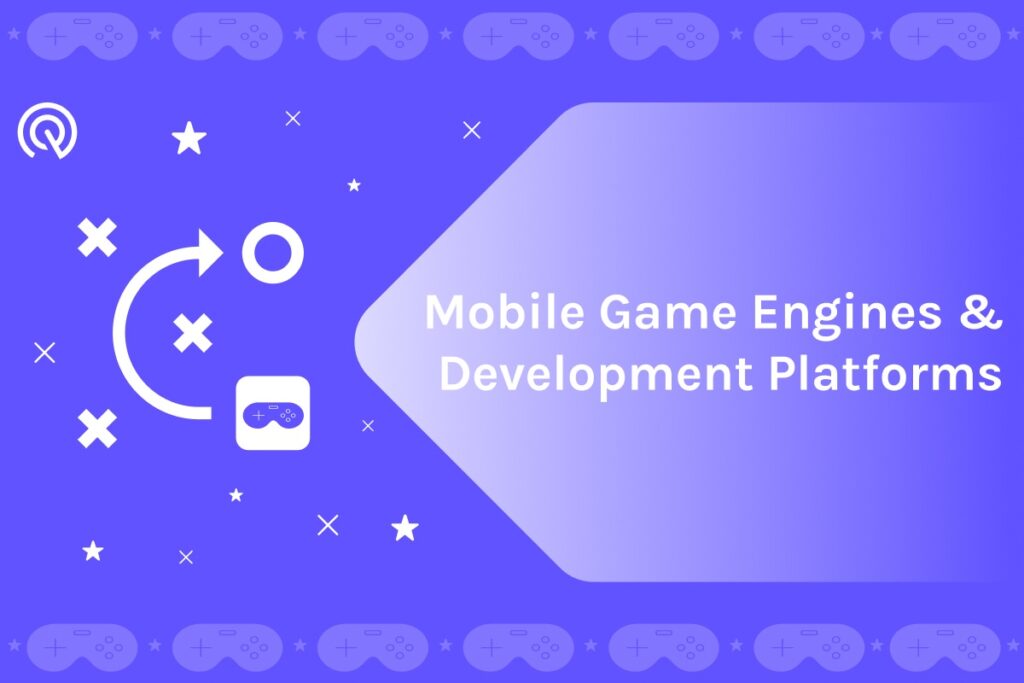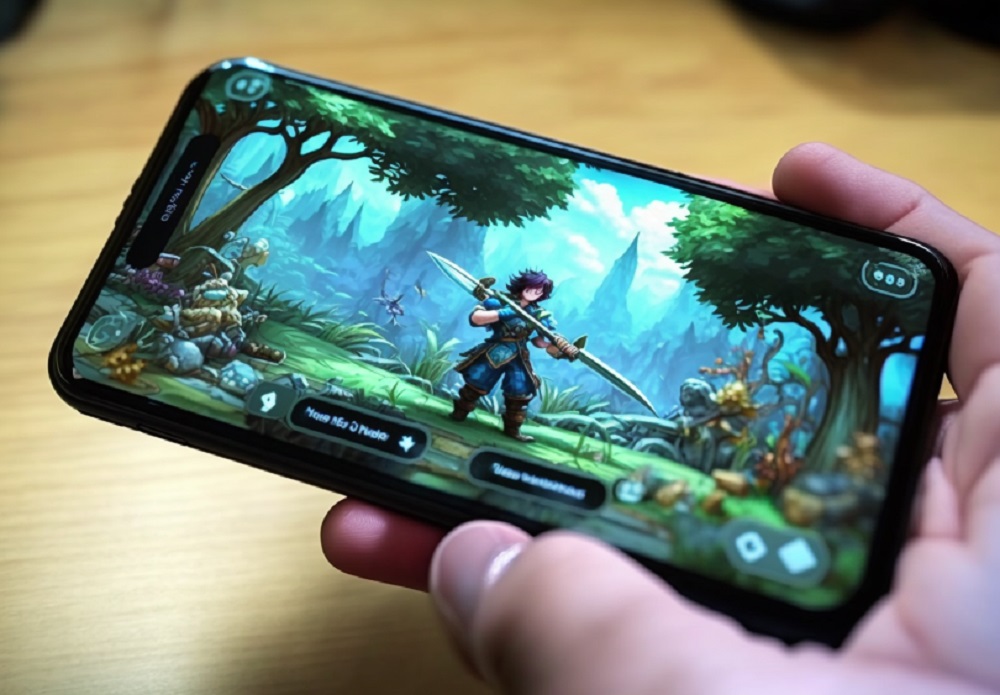As the mobile gaming market grows increasingly competitive, picking the right iOS game development company is key to app success. This definitive guide examines how to select the best firm to match your gaming app needs.
Weigh Technical Capabilities

Source: fuzia.com
An iOS developer’s engineering talent heavily influences the user experience and functionality of your app. Thoroughly examine prospective companies on key technical measures:
Extensive iOS Game Development Experience
- Seek out firms with 5+ years focused specifically on building iOS games. This level of rich expertise stems from lessons learned through evaluating past apps’ performance, evolving with Apple’s iOS updates, optimizing gaming engines, and keeping pace with innovations that enable more dynamic gameplay.
- Ask pointed questions about their experience tailoring games for iPhone and iPad users based on platform distinctions like screen size. Ensure they can translate your vision seamlessly into a polished iOS game.
Game Engine Expertise
- Inquire about their level of experience with Unity, Cocos2D, Unreal Engine and other game engines. These provide the core framework and tools for building the gaming architecture.
- Opt for iOS game development company highly skilled in engines that align with the scale, visuals, and features planned for your app. Complex 3D game worlds require different engines than simple 2D games.
- For multipurpose apps with mini-games, validate their ability to smoothly integrate different game engines under one roof.
Programming Language Breadth
- Swift and Objective-C are standard languages for iOS development, but some firms have expanding into auxiliary languages for enhanced app capabilities.
- Larger, more resourced developers generally possess broader language breadth to craft games supported by tools like Java, C++, C#, HTML5 etc.
- Prioritize firms able to leverage multiple languages to power advanced features tailored to your game’s unique vision.
Rigorous Testing Process
- Well-structured testing frameworks catch functionality issues, UI bugs, crashes and optimize performance pre-launch.
- Ask targeted questions about their testing methodologies throughout the dev cycle, browsers/devices covered, debugging protocols etc.
- Inquire about the automation tools they employ to streamline testing. Leveraging solutions like Appium and Frank cuts down on manual overhead.
- Opt for firms who treat testing as integral to development, not an afterthought. This reduces long-term technical debt down the road after you launch.
Range of Game Types, Complexity and Graphic Levels

Source: appradar.com
- Examine the variety of their gaming portfolio – graphics-rich RPGs, trivia apps, casino games, puzzles, platformers etc.
- Varied experience developing games across the complexity spectrum demonstrates technical versatility key to manifesting your app vision.
- Challenge them to quantify how they assess technical scope and translate requirements into tangible milestones during planning. Their response can indicate aptitude tailoring apps to meet budgets and strategic priorities post-launch.
Vet Design and User Experience Abilities
Vetting a potential iOS game developer’s design and user experience capabilities is just as crucial as evaluating technical skills. Even the most sophisticated backend game architecture will flop without intuitively delighting players through visual polish and interaction flows optimized for target users. As you assess prospective firms, probe thoroughly into their mastery surrounding graphic design, user research, and analytics usage.
Examine past games they have built and read App Store reviews to evaluate visual appeal and adoption of their creations. Determine if they maintain in-house graphic design experts for tight collaboration as game wireframes and assets evolve. Additionally, explore how user-centric their design processes operate. Do they solicit ongoing feedback through focus groups and beta testing programs to perpetually refine engagement?
Also inquire whether they harness app usage analytics to guide data-backed decisions on interface modifications, playing variable tweaks, and feature additions that resonate with real documented user behaviors. Firms who focus intently on synthesizing visual delight, qualitative user input, and quantitative analytics into responsive UX upgrades demonstrate immense value for crafting games that stick.
Have Realistic Expectations on Costs
Setting realistic budgets is key when building an iOS game, but first quotes can shock new app creators. Rather than get discouraged, make level-headed choices on costs against possible profits. Get multiple bids to reasonably compare prices for needed features. Be sure to factor in long-term expenses past launch like bug fixes and future updates.
Also clarify what exactly is included for the base price quoted – some developers charge extra for design, testing etc. If sticking to your budget gets hard, see if scaled back versions or gradual builds would work. Managing costs while keeping core game features takes openness and compromise between you and the developer.
But over time, proving market interest can bring in money to grow your mobile game.
Assess Company Work Culture and Process
Looking past the technical skills of a prospective iOS game developer, closely evaluate how well their ingrained processes and communication norms align with your team’s preferences. Carefully examine sizing and staffing models to ensure adequate resourcing against your project complexity without overengineering. Seek out firms positioned to provide tighter direct access to leadership if you prioritize agility in decision-making versus wide functional breadth.
Additionally, determine if support systems and management processes address your collaboration preferences, especially with remote teams. Confirm they deliver clear protocols for status check-ins, milestone reporting, roadblock escalation and bug monitoring. You want resilient tracking when detained progress risks timelines and budgets.
Furthermore, explore how receptive developers may be to shifting specifications post-contract if your game vision evolves. And specify intellectual property rights regarding design elements, code innovations and standalone assets you expect retaining outright for future derivative works. Aligning on these operational dimensions early optimizes team cohesion as you strive to manifest gaming greatness together.
Ask Candidates for Case Studies and References

Source: riseangle.com
Validating development competencies through previous gaming work and client testimonials enables smarter decision making between prospective iOS builders.
Play Their Published Games Yourself
Download and experience games a potential developer has created, especially apps similar to your vision. Critically evaluate visual appeal, intuitiveness, ease of progression and stickiness of gameplay. Poor executions indicate your experience could suffer too.
Request and Check References
Ask for at least three client references who can speak to working relationship effectiveness.
Inquire about their game’s revenue impact, launch timeline accuracy, ongoing support and overall satisfaction leveraging that firm.
Review Case Study Examples
Ask developers to provide comprehensive case studies outlining technical specifications of the games delivered, exactly what functionality was covered during initial build, overall budgets and time invested, launch outcomes etc. Probe on how projects pivoted in response to emerging client needs, particularly for apps that required significant post-launch upkeep.
Moving Forward with a Match
Selecting an aligned iOS game developer lays the groundwork for crafting an engaging, operationally-sound app. Synthesize assessments across all evaluation criteria outlined above – technical excellence, design, costs, communication norms, workflows etc.
Then validate your top choice by discussing high-level vision alignment, drilling into specifics on delivery timelines, and negotiating contracts. The right iOS build partner empowers your mobile gaming concept to unlock its fullest market potential. Evaluate wisely and thoroughly to find that ideal match.



